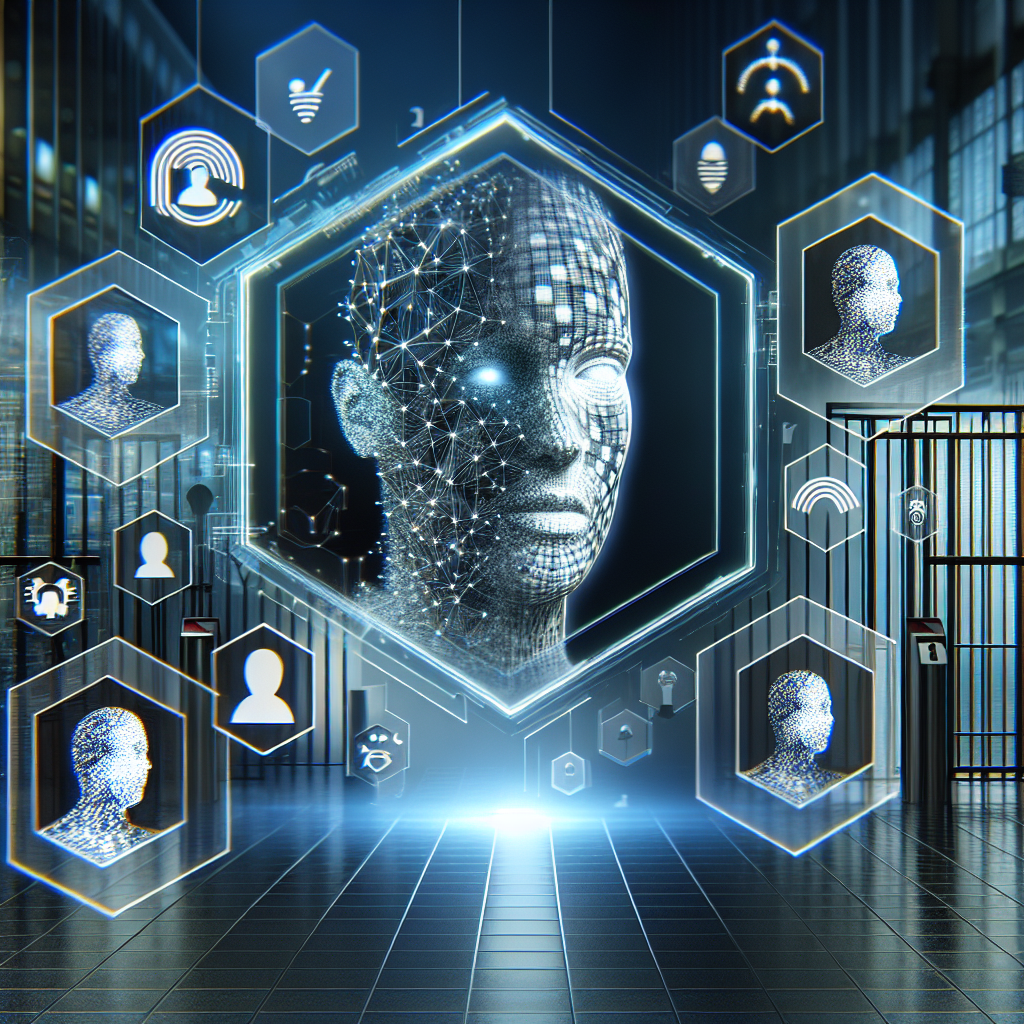In today’s fast-paced world, technology plays a crucial role in various aspects of our lives. One such technology that is rapidly gaining popularity is Artificial Intelligence (AI) and Facial Recognition. These technologies have the potential to revolutionize the way we identify and secure guest information in various industries, including hospitality, retail, and security.
Facial recognition technology uses biometric data to identify individuals based on unique facial features. AI algorithms analyze images or videos of faces and match them to a database of known faces. This technology has already been integrated into various applications, such as unlocking smartphones, airport security, and law enforcement.
In the hospitality industry, AI and facial recognition can drastically improve guest identification and security measures. By using this technology, hotels can streamline the check-in process, enhance guest experiences, and increase overall security.
One of the key benefits of using AI and facial recognition in the hospitality industry is the ability to provide a personalized experience for guests. By recognizing guests’ faces, hotels can greet them by name, offer personalized services, and even recommend their favorite amenities. This level of personalization can help hotels build stronger relationships with their guests and increase customer loyalty.
Additionally, facial recognition technology can enhance security measures in hotels. By monitoring guest movements and identifying suspicious individuals, hotels can prevent unauthorized access to restricted areas, track guest behavior, and ensure the safety of all guests and staff members. This can be particularly useful in high-security areas such as VIP lounges or executive floors.
Moreover, AI and facial recognition can help hotels improve efficiency and streamline operations. By automating the check-in process, hotels can reduce wait times, minimize human error, and increase overall productivity. This technology can also be used to track guest preferences, monitor occupancy rates, and optimize room allocations, leading to a more efficient and cost-effective operation.
In the retail industry, AI and facial recognition can also play a significant role in improving guest identification and security measures. By analyzing customer behavior and preferences, retailers can personalize the shopping experience, offer targeted promotions, and increase sales. Additionally, facial recognition technology can help prevent theft, identify repeat offenders, and enhance overall security in retail stores.
While AI and facial recognition technology offer numerous benefits, there are also concerns about privacy and data security. Many people worry about the potential misuse of facial recognition data and the risk of unauthorized access to sensitive information. To address these concerns, companies must implement strict security protocols, comply with data protection regulations, and obtain explicit consent from individuals before collecting and using their biometric data.
FAQs:
Q: How does facial recognition technology work?
A: Facial recognition technology uses biometric data to identify individuals based on unique facial features. AI algorithms analyze images or videos of faces and match them to a database of known faces.
Q: What are the benefits of using AI and facial recognition in the hospitality industry?
A: AI and facial recognition technology can improve guest identification, enhance security measures, provide personalized experiences, streamline operations, and increase efficiency in the hospitality industry.
Q: What are the potential risks of using facial recognition technology?
A: The potential risks of using facial recognition technology include concerns about privacy, data security, misuse of biometric data, and unauthorized access to sensitive information.
Q: How can companies address privacy and security concerns related to facial recognition technology?
A: Companies can address privacy and security concerns by implementing strict security protocols, complying with data protection regulations, obtaining explicit consent from individuals before collecting biometric data, and ensuring transparency in the use of facial recognition technology.
In conclusion, AI and facial recognition technology have the potential to revolutionize guest identification and security measures in various industries. By using this technology, companies can provide personalized experiences, enhance security measures, improve efficiency, and streamline operations. However, it is crucial for companies to address privacy and security concerns and comply with data protection regulations to ensure the responsible use of facial recognition technology. As this technology continues to evolve, it will be interesting to see how it transforms the way we interact with guests and secure their information in the future.

